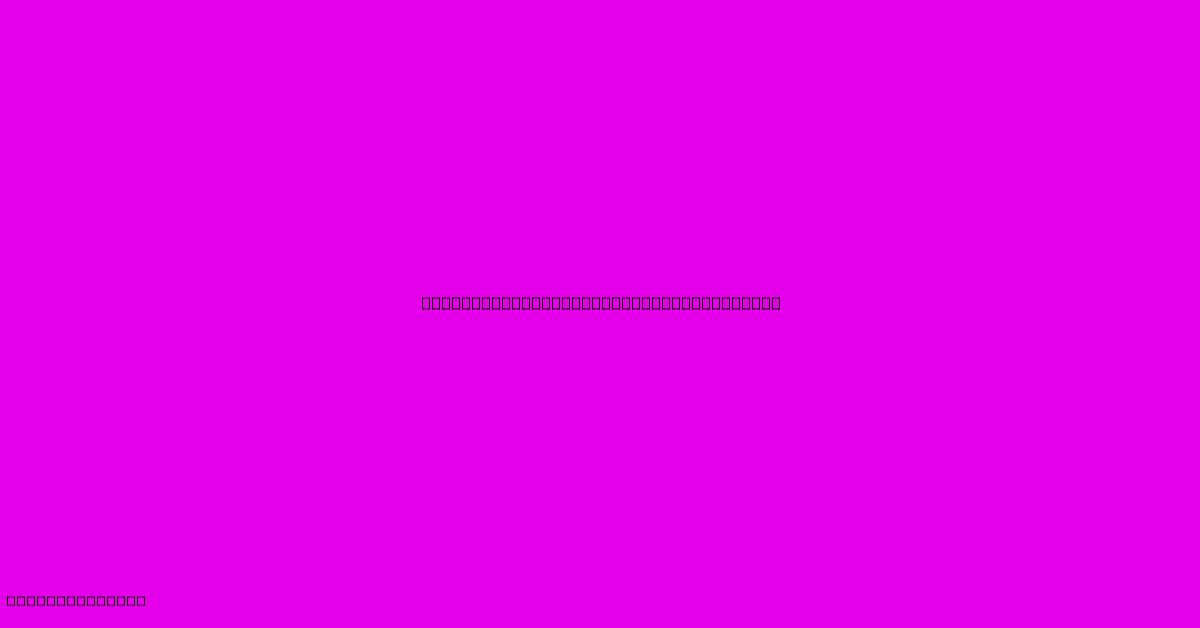Khalif Battle Ejection Sparks Debate

Discover more detailed and exciting information on our website. Click the link below to start your adventure: Visit Best Website mr.cleine.com. Don't miss out!
Table of Contents
Khalif Battle Ejection Sparks Debate: Was it Fair?
The ejection of Khalif Battle from a recent [Event Name - specify the event, e.g., UFC Fight Night, boxing match, etc.] has ignited a firestorm of controversy, sparking a heated debate amongst fans and experts alike. The decision, made by [Referee/Judge Name], has been met with both fervent support and outright outrage, highlighting the inherent subjectivity and often-fractious nature of officiating in combat sports.
The Incident:
The pivotal moment occurred during [Round Number] of the fight against [Opponent's Name]. [Clearly and concisely describe the incident leading to the ejection. Be factual and avoid biased language. For example: "Battle appeared to land an illegal knee to the head of his opponent while he was down, prompting an immediate stoppage and ejection from the referee."] Video replays [State whether replays supported or contradicted the referee's decision. E.g., "appeared to support the referee's assessment," or "have been interpreted differently by various commentators, fueling the debate."]
Arguments for the Ejection:
Proponents of the referee's decision argue that [Referee/Judge Name]'s call was justified based on the rules of [Governing Body - e.g., the UFC, WBC, etc.]. They point to [Specific rule violation and its consequences. E.g., "the clear violation of the rule prohibiting strikes to the head of a downed opponent," or "the potential for serious injury caused by the illegal blow."] Furthermore, they emphasize the referee's responsibility to ensure the safety and well-being of the fighters, a responsibility that necessitates swift and decisive action in situations involving potential rule infractions. The argument often revolves around maintaining the integrity of the sport and deterring similar actions in future bouts.
Arguments Against the Ejection:
Conversely, critics contend that the referee's decision was premature and overly harsh. They suggest that [Alternative interpretation of the incident. E.g., "the knee may have landed after Battle's opponent had already begun to recover his posture," or "the contact was minimal and unintentional."] Furthermore, some point to [Inconsistencies in officiating. E.g., "previous instances where similar infractions have gone unpunished," or "the lack of clarity surrounding the specific rule in question."] These critics argue that the ejection deprived Battle of the opportunity to continue the fight and potentially secure a victory, questioning whether the punishment fit the crime. The debate also highlights the need for clearer rules and more consistent officiating across events.
The Larger Implications:
Beyond the specifics of this particular incident, the controversy surrounding Khalif Battle's ejection raises broader questions about the role of referees and judges in combat sports. It underscores the challenges inherent in making split-second decisions in the heat of the moment, and the potential for human error to influence the outcome of a competition. This event also highlights the ongoing need for improved clarity in the rulebook and the importance of consistent training and evaluation for officials to maintain fairness and consistency across different matches and leagues. The debate is likely to continue influencing discussions on rule enforcement and the overall integrity of combat sports.
Conclusion:
The ejection of Khalif Battle remains a contentious issue, underscoring the complexities of officiating in a high-stakes, fast-paced environment. While ensuring fighter safety is paramount, the debate highlights the need for clear, consistent, and transparent officiating practices to ensure fair play and maintain the integrity of the sport. Only time will tell if this event will lead to any significant changes in the rules or officiating practices.

Thank you for visiting our website wich cover about Khalif Battle Ejection Sparks Debate. We hope the information provided has been useful to you. Feel free to contact us if you have any questions or need further assistance. See you next time and dont miss to bookmark.
Featured Posts
-
A A A A A A A A A A Y A A A A Y A A A Y A A A A Y A A A A A A A Y A A A A Y A A A Y A A A A Y A A A A A A A A A Y A A A A A Y A A A Y A A Y A A A Y A A A A Y A A A Y
Dec 29, 2024
-
E Morto Cesare Ragazzi Storia Dei Trapianti
Dec 29, 2024
-
Poilievre And The Polls A Bromance
Dec 29, 2024
-
A A A A Y A A A A A A A A Ye A A A A Y A A A Y A A A Y A A A A Y A A A A A A A A Ye A A A A A A Y A Y A A Y A A A A A Ye A A A A A Ye A A A A Y A A A Y A A A Y A A A A Y A A A A A A A A Ye A A Y A A A A Y A A A Y A A Y
Dec 29, 2024
-
Bromas Dia De Los Inocentes Sorprende
Dec 29, 2024
